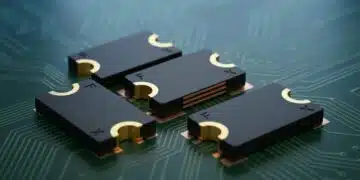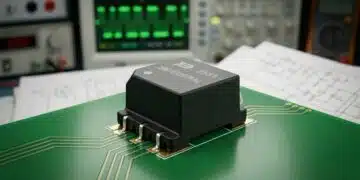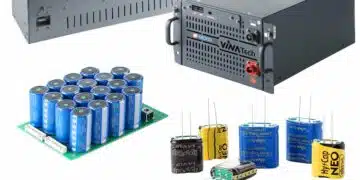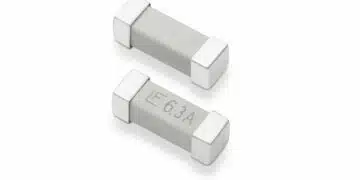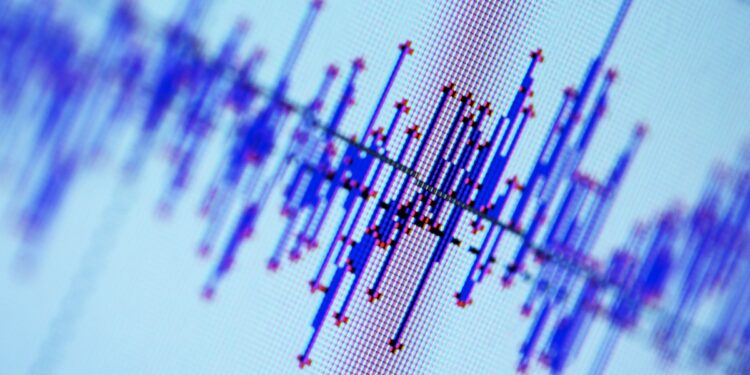Magnitude 7.4 earthquake caused casualties and damage in Japan including impact to the local component manufacturing plants. Some of the buildings and equipment were damaged and operations interrupted. Restoration work is under process expecting to restore operation within few days without significant impact to the component supply.
A powerful earthquake that struck near the Fukushima prefecture in northeast Japan late Wednesday night was known to have killed at least four people, leaving over 100 injured, damaging roads and buildings and knocking out electricity to a widespread area, according to reports from multiple news outlets.
Japanese manufacturers began restarting production at plants in the country’s quake-hit northeast, but Toyota Motor Corp said it plans to idle 18 assembly lines for a few days next week due to a shortage of parts from suppliers.
On one hand, the limited damage caused by the magnitude 7.4 temblor has highlighted Japan’s success in building resilience against the frequent tremors that shake the archipelago. But the quake has sparked concerns of further disruptions to a pandemic-hit supply chain for precision components vital to electronics and autos production and in which Japanese manufacturers play a leading role.
Murata Manufacturing Co Ltd, the top global supplier of ceramic capacitors used in smartphones and cars, said it restarted production on Friday at two stopped plants with the remaining two idled plants to restart next week. A fire that broke out at a factory which produces chip inductors caused some damage to equipment.
Tome Murata Manufacturing Co., Ltd. chip and winding coil inductor facility (Tome-shi, Miyagi) is expected to resume operation on March 21. Sendai high-frequency components (SAW filter) plant (Sendai-shi, Miyagi) on March 22. Tohoku Koriyama Plant (Koriyama-shi, Fukushima) and Motomiya Plant (Motomiya-shi, Fukushima) primary and rechargeable cell batteries production has resumed since March 18.
Renesas Electronics Corp, which makes nearly a third of the microcontroller chips used in cars globally, said it has restarted production after stopping it at two factories with a partial stop at a third. All three factories, including the Naka factory where fire broke out last year, are expected to return to pre-quake capacity by Wednesday, Renesas said.
Power has mostly been restored across the northeast, which suffered Japan’s biggest earthquake 11 years ago. Areas of Tokyo lost power for nearly three hours after the latest quake, in which three people died and 183 were injured.


